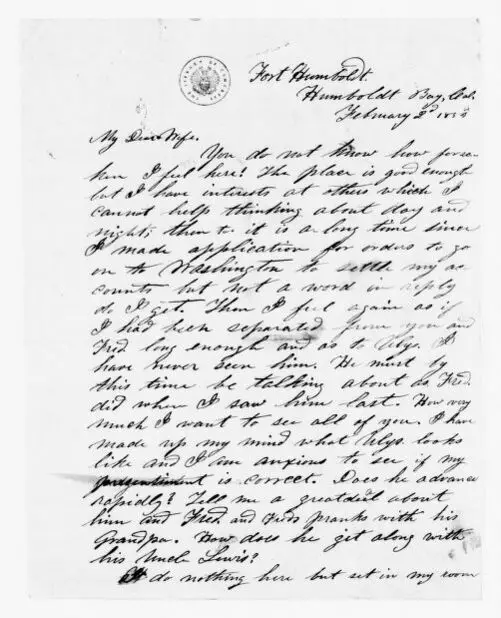Presidential Material?
Like many of us, I had a home office that was out of control. Making good on one of my New Year’s resolutions – pretty much a first for me – last week I pulled paper shredder and wastebasket close and got down to it.
The goal was to weed out the necessary from the unnecessary, keeping only what I needed for today and for the personal archives I thought might be meaningful to future generations – books, pictures, writings and mementos from school days, career stops and personal relationships.
Surprisingly, some of what I found shamed me. In particular, slang used that was once, but should never have been, culturally acceptable. Before delving into my buried envelopes, I would have stood in a court of law swearing I had never written such a phrase.
Memory is a funny thing, as we’re seeing in today’s news.
With the sharp teeth of the shredder, I re-wrote my history, leaving only the honorable. The experience has reminded me that we all have skeletons – some long since forgotten – and that the person we were is not the person we are or the one we will become. Oddly, cleaning out my own office has given me a greater appreciation for those in public office, specifically the Office of the President. Eventually, we will all be judged by our archives.
Digitizing Presidential Archives

At Crowley, we archive without judging.
Crowley Imaging, the conversion services branch of The Crowley Company, has had the opportunity to work with Presidential Libraries as well as the Library of Congress to digitize the archives of several United States Presidents.
According to the U.S. National Archives and Records Administration (NARA), Presidential archives are divided into three types of materials: donated historical materials; Presidential records; and Presidential historic materials. Congressional Acts dating from 1955, 1974 and 1978 define and refine the public versus private status of Presidential records created during the time of service.
Crowley Imaging has scanned and digitized both the microfilmed and paper records of President George Washington for the Fred W. Smith National Library for the Study of George Washington, President Franklin Delano Roosevelt for the Franklin D. Roosevelt Presidential Library and Museum and President Ulysses S. Grant for the Library of Congress.
In preserving these important records, we (as a nation) are not only archiving a personal legacy, but preserving the path of our national evolution – the good, the bad and the not-so-pretty.
These primary sources both give us context, for broad guidance today, and should be looked at in context, when forming an opinion about a historical figure. Preservation of these – and all records – disallow for “fake news” by presenting nothing but a true representation of an artifact.
Running for “Office”
Circling back to my little home office and my big lesson, I’m thankful for those that fight for and fund our national and historical archives. Without them, we will lose a moral and directional compass that is irreplaceable. For myself, I think I’ve cleared my (tiny, pretty insignificant) skeletons. But I won’t be running for office soon…the closet is next.
About Crowley Imaging
You can read the details of the George Washington and Franklin Roosevelt archives in this case study. For information about digitizing a specific collection or the scanners we use and supply, call us at (240) 215-0224 or click here to get a quote.

